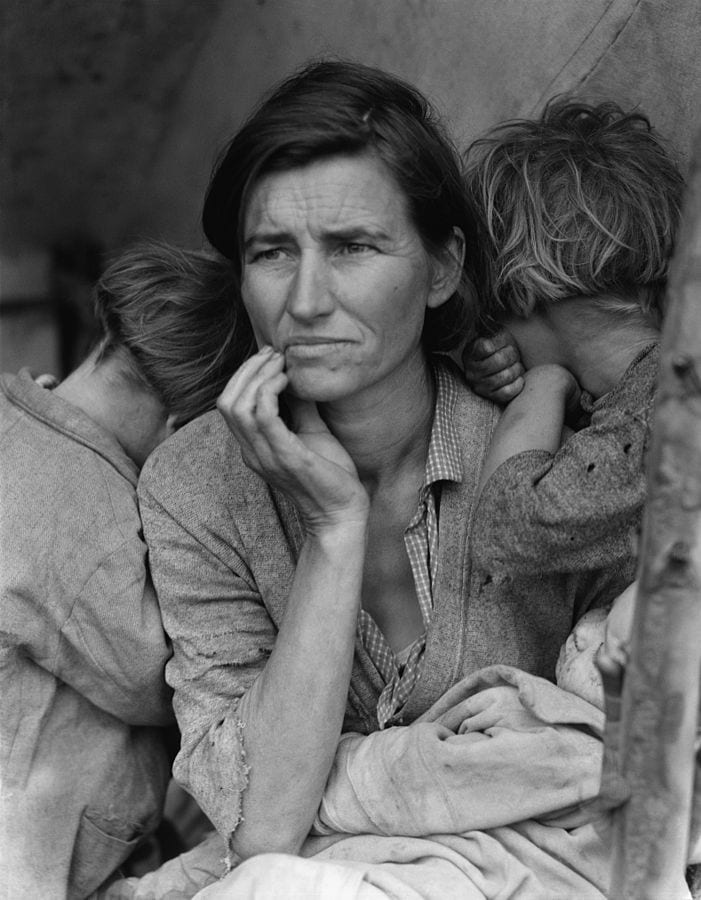How hostile immigration policies affect mothers and their access to support
By Blog Editor, IOE Digital, on 21 April 2023

Credit: Cultura Creative / Adobe Stock.
21 April 2023
Hostile immigration policies in the UK constrain mothers’ personal relationships and restrict their access to different kinds of support. This means that mothers affected by these policies have to be especially creative and resourceful in their everyday mothering. This can create a significant emotional burden.
Immigration policies in the UK have long been regarded as hostile and racist in their effects. However, in 2012 – in its quest to reduce net migration – the Coalition government set out its plans to create an explicitly ‘Hostile Environment’. Primarily targeting people with no or only temporary residency rights, measures have included dramatic increases in Home Office fees for visa applications and renewals, and a minimum income requirement for UK residents who wish to bring their spouse or partner to join them. These measures penalize migrants from the Global South.
The ‘no recourse to public funds’ (NRPF) condition has been expanded, preventing people with precarious immigration status from accessing many public services and mainstream welfare support. More than 1.3 million people in the UK are estimated to be subject to NRPF. Racially minoritized mothers and children are particularly affected. More than 220,000 children are believed to have NRPF because of their visa status.
 Close
Close



